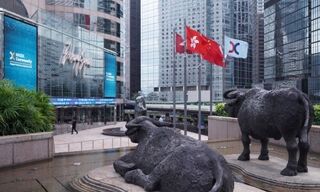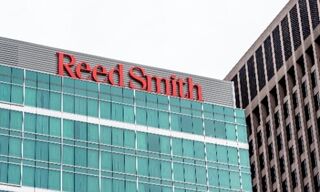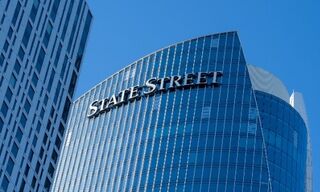Two CEOs in two years, a sharp drop in its stock price, and the near-constant threat of being raided by rivals – yet Julius Baer is arguably better-positioned now than it was ever before. finews.asia’s Shruti Advani examines how this could possibly be.
Few if any Swiss pure-play banks have the mettle to endure the media frenzy that surrounded CEO Boris Collardi’s shock-resignation from Julius Baer two years ago. He had spent the better part of a decade doubling assets under management.
Fewer still, if any, organizations would be able to resist the temptation (and pressure from shareholders if it were a listed company) to recreate what had been lost: cloning both the personality and the strategy of the outgoing star boss. So Julius Baer’s insistence on making an about-turn from the path its most feted leader to date had put it on confounded many.
Pain Now vs. Long-Term Value
It is a difficult case to make – the notion that Julius Baer is stronger now than it was two years ago – so it is unsurprising that its stock fell out of favor or cheeky headlines screamed «Philipp Who?» when a new CEO was announced this summer.
Over the short term, it may well be difficult to look past the entire teams of relationship managers that have either followed their erstwhile boss to Pictet or found opportunity elsewhere. The impact of these developments on the stock is undeniable, but their impact on the business is debatable (it may also be worth pointing out that none of the Swiss banking majors have been shown much love from shareholders over the past year).
Money Rolling In
Notwithstanding these exits, assets under management – the bedrock of any private bank – were up 3 percent on the year at mid-year. Perhaps more importantly, they were up 8 percent from the nadir at the end of 2018.
While some of this increase was by virtue of market performance, it included $6.2 billion of hard cash or equivalent assets that were entrusted to the bank in the first six months of the year – in excess of a billion dollars a month in net new money. Outgoing CEO Bernard Hodler said in July this year he did not believe clients were fully invested. He is signaling that the pickup in new money was not just sustainable but may even be bettered under more favorable conditions during the remainder of the year.
- Page 1 of 2
- Next >>


























